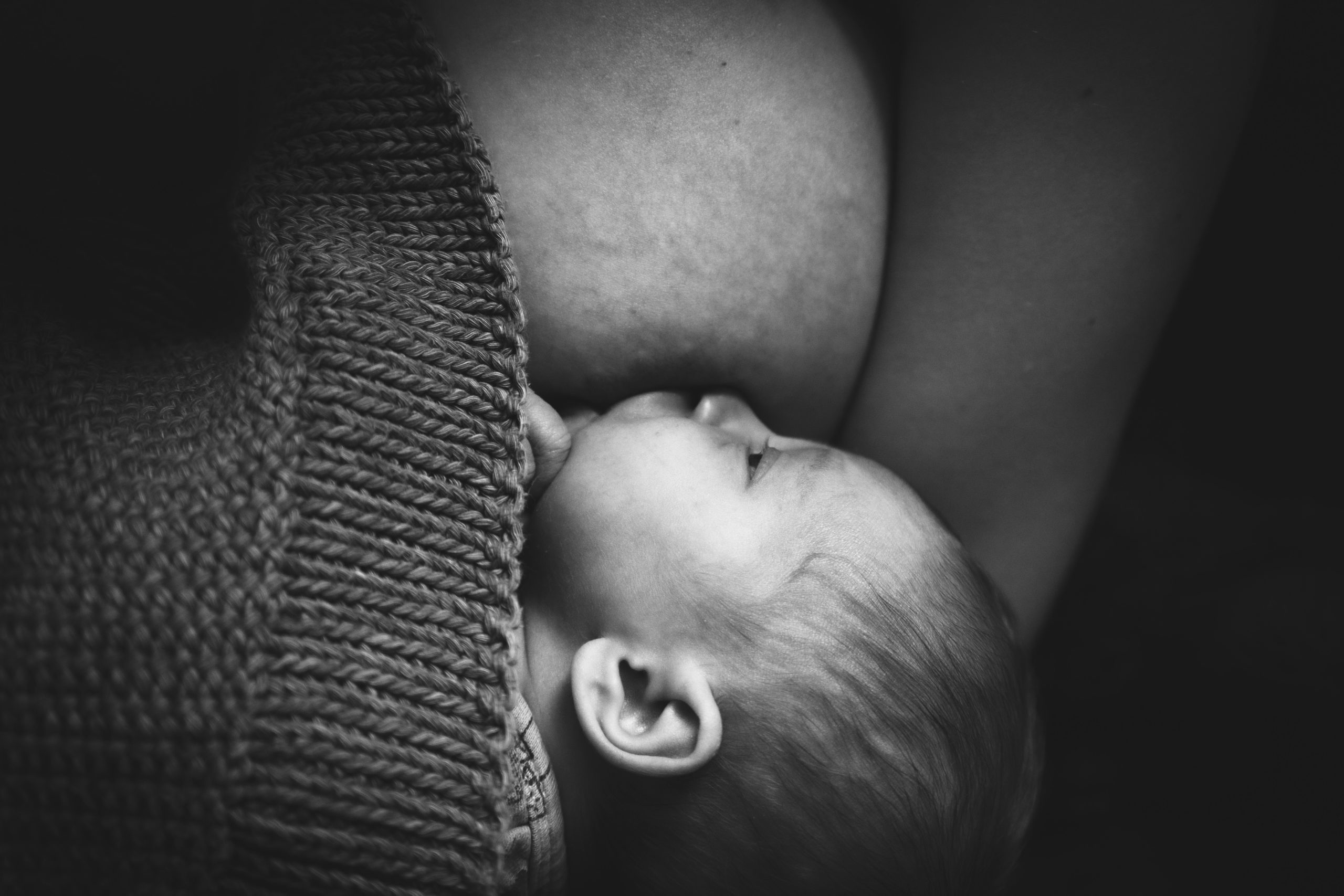
Giving birth is one of life’s greatest miracles. Just imagine: how a single-cell zygote transforms into a beating, moving, breathing human life in just nine short months! As much as it is a beautiful gift, it can be overwhelming for new moms who have to carry this tiny life, and deliver the new baby safely out into the world.
One of the things moms-to-be have to consider before or right after giving birth is how they’re going to feed their babies. She needs to make this crucial decision: am I going to breastfeed or not?
While there is no denying that breastfeeding is best for babies, here’s a caveat you should know right off-the-bat. Breastfeeding is not for everyone. There are women who have insufficient glandular tissues (IGT), women who don’t have enough milk, or who are on medications that prevent them from breastfeeding their babies.
But if you can and are able, there are many benefits to breastfeeding, especially in boosting the immune system of babies. Here’s how breastfeeding affects the immune systems of babies, according to science.

Breast milk contains antibodies
You’ve probably heard of colostrum, aka the liquid gold, or the first breast milk a mother produces right after giving birth.
Those first few days, colostrum comes out in only less than 2 ounces per day. Although it may seem it’s not sufficient for the baby, colostrum is nutrient-dense, and is enough to meet the nutrient needs of the baby, whose tummy is only about the size of a marble that time.
Giving the baby colostrum those first few days is very important, according to doctors. It’s chock-full of immunity-boosting antibodies that will protect the baby from infections. By offering your newborn even some breast milk early on, you’ve already bestowed them a great gift.
As the colostrum runs out, a new kind of breast milk emerges – white and watery, with an 88% water content. This milk is called transitional and mature milk, and, just like colostrum, is teeming with beneficial antibodies for the baby too!

Protection from viruses
Breastmilk contains antibodies called immunoglobulins. They are a certain kind of protein that allow a mother to pass immunity to her baby. Specifically, breast milk contains the immunoglobulins IgA, IgM, IgG and secretory versions of IgM (SIgM) and IgA (SIgA).
When a baby ingests breastmilk, the high amounts of SIgA protects a baby by forming a protective layer in their nose, throat, and throughout their digestive system.
For the moms who gave birth at the height of the COVID-19 pandemic, breast milk helped ensure that their newborns were protected from the virus.

Development of T-cells
Breast milk contains hundreds of thousands of white blood cells, from the mother’s immune system. About a tenth of these are T cells.
These regulatory T-cells, also known as immune cells, provide balance in the immune system by controlling its response to pathogens, and preventing autoimmune responses, according to this study.
Thirty-eight mother and baby pairs and their blood and stool samples were investigated. From the samples they collected at birth until three weeks of life, they found that the “population of regulatory T-cells was nearly twice as abundant in breastfed babies at three weeks of age than babies who were formula-fed.”
The gut microbiome
Perhaps, most importantly, breast milk is key to developing the gut health of a human being well, and this should start as early as the infancy stage.
In a previous article here at Naturally-Immune, we’ve seen how the health of the gut microbiome is essential to immune health (READ: Why you’ve got to go with your gut.)
The moment we were born, we were exposed to microorganisms when we passed through our mother’s birth canals, and later, when we started drinking the milk from our mothers’ breasts. Breast milk stimulates the proliferation of a well-balanced and diverse microbiota.
Essentially, what this means is that the breast milk is teeming with bacteria that’s good for the baby. And if babies could tolerate these gut microbes early on, the better for them and their digestive systems as they grow up into adulthood.

Breast milk ensures continuity
During pregnancy, the immune systems of both mother and baby are in tune, interacting and moving in harmony through the placenta. After giving birth, this connection is cut when the placenta is cut. But through breast milk, this connection is restored, and the immune systems of both mother and child interact once again.
As a result, the baby’s cells won’t regard the mother’s cells as foreign, offering a great advantage with breastfeeding as opposed to formula-feeding.
This continuity will help prevent babies from having allergies and autoimmune disorders, which is what happens when the immune system attacks the body’s own cells.

The milk that keeps on giving
Not only does breastfeeding foster a unique bond between mother and baby. Its benefits are boundless, as the mother continues to provide protection to her child through breastmilk.
Did you know, when a mother is exposed to viruses and bacteria, she will produce additional antibodies that are transferred through her breast milk? That’s why when the Omicron variant of COVID-19 spread around the world, pediatricians advised moms who were infected to continue breastfeeding their child.
If you are a new mom, or soon-to-be-mom, discuss breastfeeding with your practitioner. It may seem intimidating and time-consuming at first, but research shows surpassing the challenges is definitely worthwhile.
Not only will you boost your baby’s immunity, you’re also setting her up for a lifetime of good health.
Tags
References:
https://www.cdc.gov/nccdphp/dnpao/features/breastfeeding-benefits/index.html
https://www.breastfeeding.asn.au/bfinfo/breastfeeding-and-immunity
https://www.healthline.com/health/breastfeeding/breast-milk-antibodies
https://www.science.org/content/article/breast-milk-ingredient-may-help-power-healthy-infant-gut



0 Comments